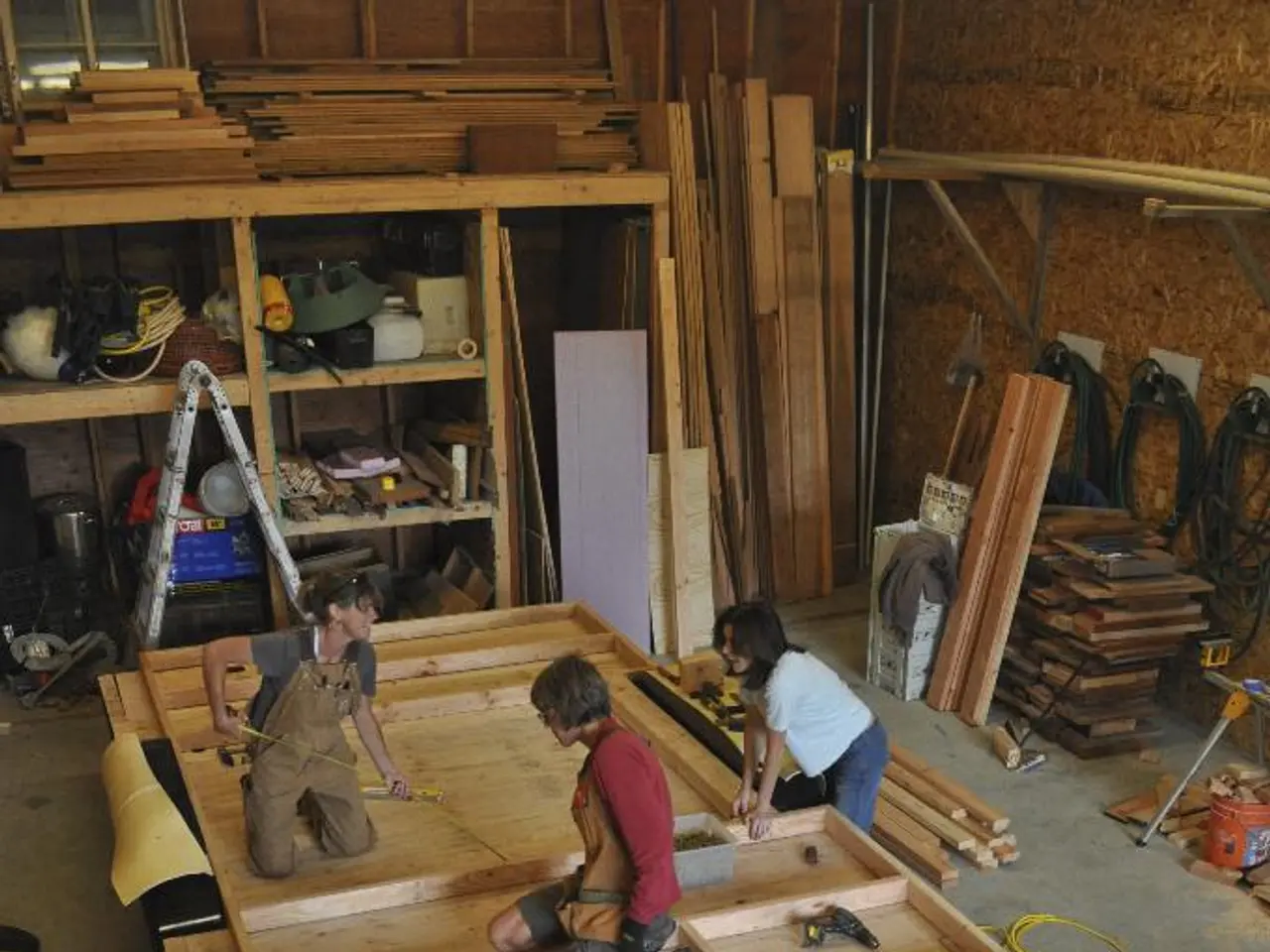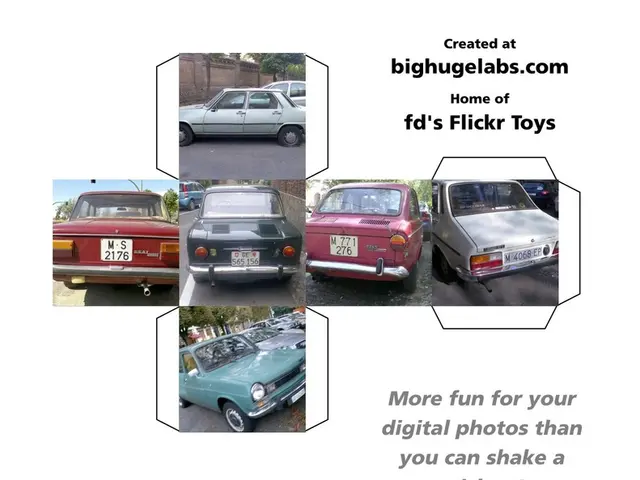Aluminum and Composite Car Body Repairs Beyond Typical Steel Restoration in Collision Services
In the ever-evolving world of automotive repair, the landscape has shifted dramatically with the increasing use of aluminum and composite materials in modern vehicles. These materials, known for their lightweight properties and improved fuel efficiency, require specialized skills and equipment distinct from traditional steel repairs.
For aluminum vehicles, technicians need to master specialized aluminum welding equipment and techniques, as traditional steel welding methods are not effective on this versatile metal. Controlled heating and heat treatment procedures are essential to avoid overheating, which can make aluminum brittle or cause warping due to its high thermal conductivity. Knowledge in proper joint design for structural integrity, corrosion prevention, and strength retention during repair is also crucial.
Modern cars are increasingly using aluminum in hoods, doors, fenders, and vehicle frames. At ATC Surrey, automotive training students learn how to identify aluminum panels, use specialized techniques like self-piercing rivets and flow-drill screws, prevent galvanic corrosion, and properly clean, cut, and bond aluminum.
When it comes to composite materials (including carbon fiber-reinforced polymers and fiberglass composites), repair requires a different set of skills. Technicians must be adept at plastic welding and bonding, fiberglass repair techniques, and carbon fiber restoration. The use of adhesion promotion and flexible coatings is essential to ensure durability and structural integrity of repaired composites.
Specialized temperature control and curing equipment, such as multi-thermocouple hot bonders, are necessary to precisely monitor and control temperature for effective composite repair and curing. Understanding aerodynamic considerations and surface preservation methods is also crucial when repairing complex composite structures, especially for parts like body panels and frames.
The ATC Surrey Auto Body & Collision Repair Course is designed to equip students with these skills. The course includes real-world repair scenarios using aluminum and composite panels, providing hands-on practice with industry tools and equipment. The curriculum is shaped by what employers are asking for today, focusing on modern materials like aluminum and composites.
Employers are increasingly asking for applicants with hands-on experience with aluminum and composite repairs. Not having this experience may cause applicants to fall behind in the job market. The ATC Surrey training focuses on what's happening in the field right now, giving graduates confidence and credibility in the job market.
In addition to the specialized equipment, computerized frame and panel measurement tools, tools for quality control, and advanced bonding techniques and welding processes adapted for composites are often used. These tools help maintain safety, structural integrity, and performance that are quite different from traditional steel vehicle repair.
In conclusion, modern vehicle repair involving aluminum and composites demands technicians be trained specifically in these materials, use advanced and controlled welding and bonding methods, and employ tailored equipment to maintain safety, structural integrity, and performance. The ATC Surrey course is a comprehensive solution for those seeking to master these skills and stay ahead in the evolving automotive repair industry.
Read also:
- High-Performance McLaren Automobile: McLaren Speedtail
- BYD introduces the Seagull compact hatchback model in El Salvador
- Forward-Thinking Event Unveils the Next Era of Transportation
- Daily Digest for July 28: Launch of Kinetic DX, Expansion of BYD's Indian operations, Steelbird's production goals, along with other updates...








